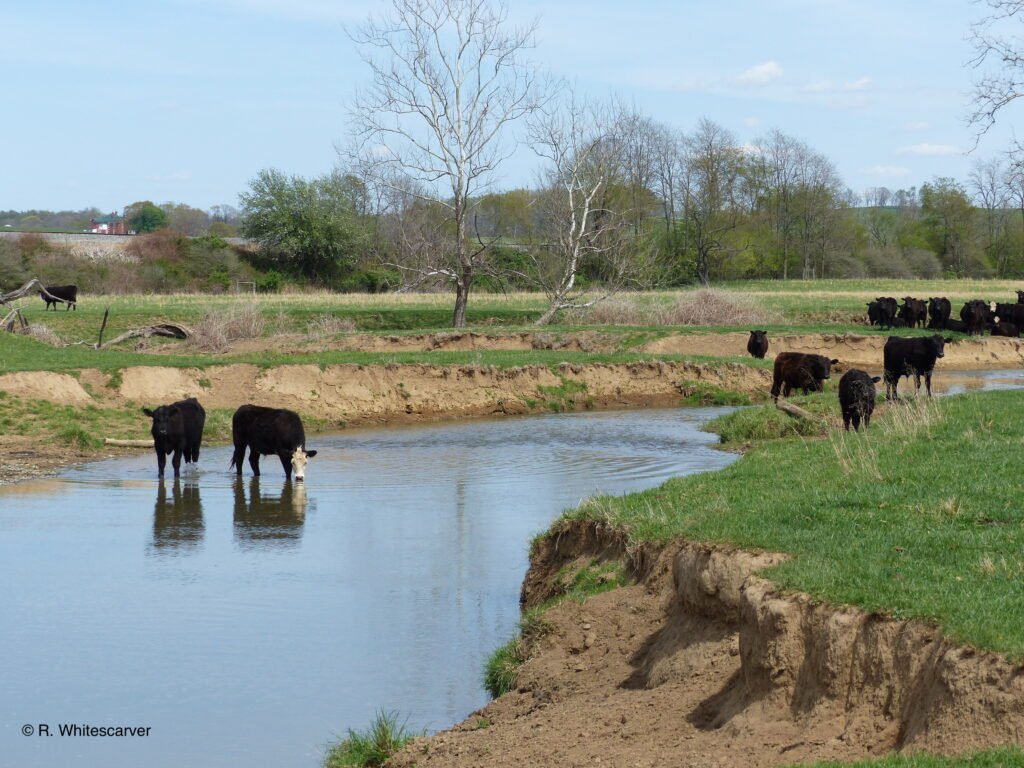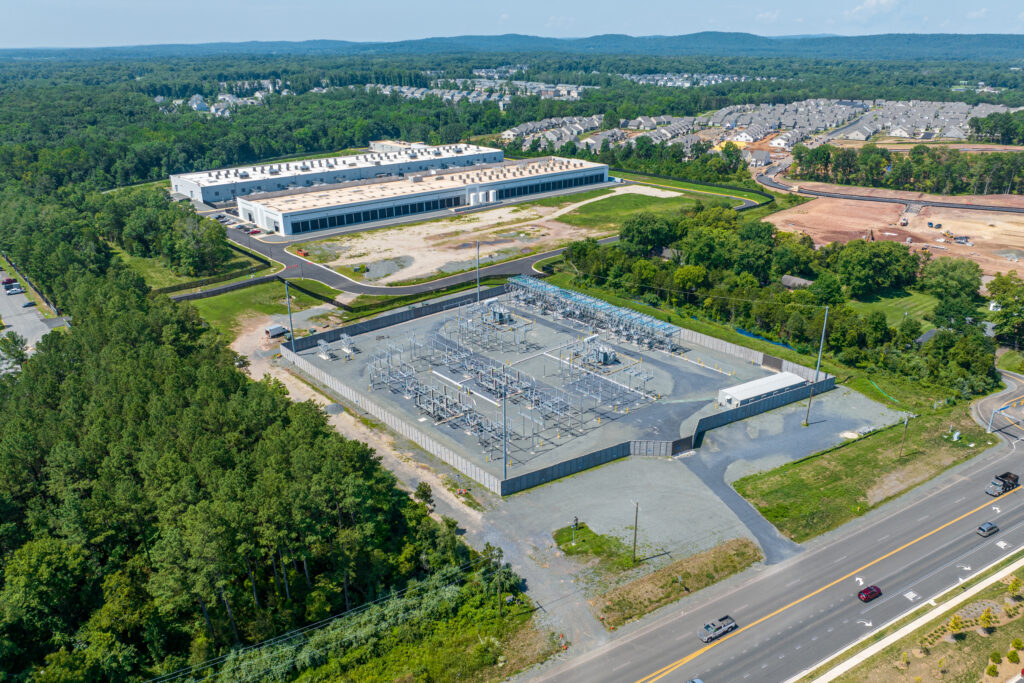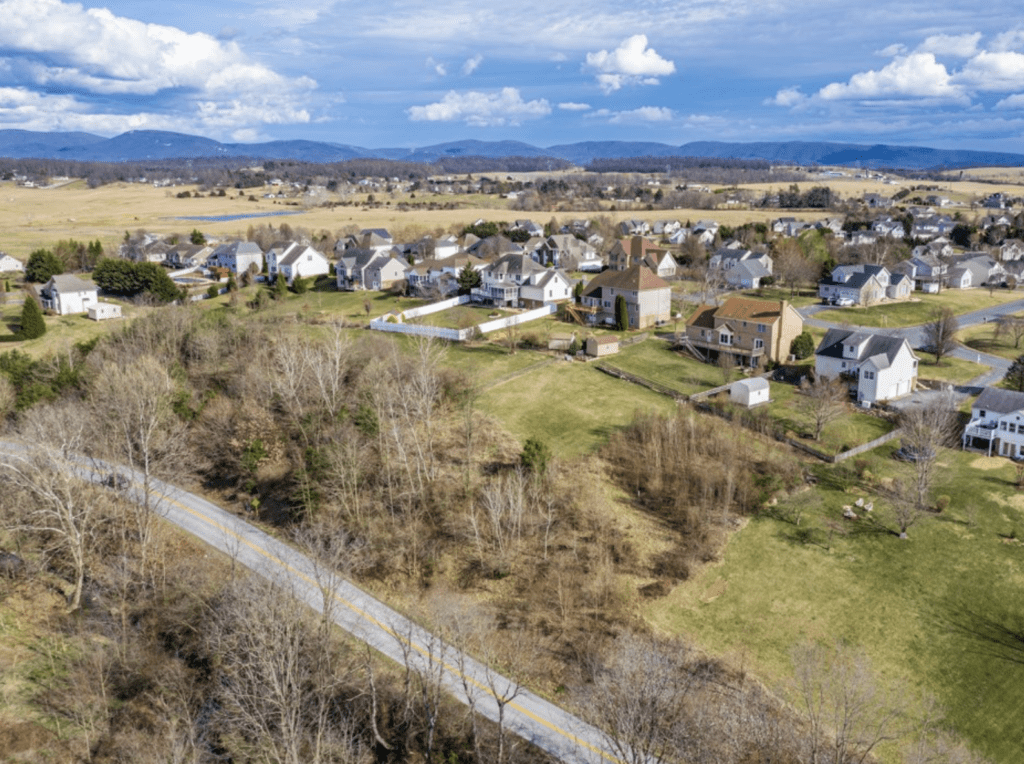Note: This blog was written by a real person–me.
The first Earth Day was in 1970; atmospheric carbon dioxide was 325 ppm. Earth Day 53 is April 22; atmospheric carbon dioxide now exceeds 418 ppm. This year’s theme is “Invest In Our Planet.”
First, the Good News
The best news this year for Earth Day in Virginia is that the Clean Economy Act, the Clean Cars Act, and membership in the Regional Greenhouse Gas Initiative (RGGI)—the three most historic and essential laws combating the climate crisis in Virginia—all survived political decimation during the 2023 General Assembly.
Virginia remains on track to have 100 percent renewable electricity generation by 2050; you can buy an electric car in Virginia; and the state remains a member of the largest carbon cap-and-trade program in the United States: RGGI.
In a time when we have atmospheric rivers, bomb cyclones, and rising seas, we need these laws to help us reduce greenhouse gas emissions and protect vulnerable communities from the ill effects of these environmental consequences.
Environmental activism made these initiatives possible, and a big shout-out goes to the folks working for the Alliance for the Shenandoah Valley, Appalachian Voices, the Chesapeake Bay Foundation, the Chesapeake Climate Action Network, the Piedmont Environmental Council, the Southern Environmental Law Center, the Virginia Conservation Network, the Virginia League of Conservation Voters, and others for defending these essential laws.
Virginia Invests in Farmland Conservation
The Bay Backstop Bill (HB 1422 passed in 2020) also survived political decimation. This law requires farmers to fence their cows out of streams. The original law required cows to be excluded by 2026. Lawmakers this year extended the deadline to 2028 (HB1485). The bill also requires the General Assembly to fully fund the state’s cost-share program to pay for livestock exclusion. That is a significant investment but well worth it. This is one of the most important regulations to clean up our local streams and the Chesapeake Bay.

This is Middle River in Augusta County, Virginia. Cattle destroy the aquatic ecosystem by gouging the streambanks with their hooves which dislodges soil that suffocates the macroinvertebrates living in the water. Cattle also pollute the stream by direct defecation of manure and urine.
America Invests in Renewable Energy
In 2022, for the first time in American history, renewable energy surpassed coal in supplying electricity, according to the U.S. Energy Information Administration and as reported by the Associated Press. Also, solar energy cost over the past decade has decreased by a whopping 90 percent.
Invest in the Planet: No MVP
The U.S. Fourth Circuit Court of Appeals struck down West Virginia’s water permit for the Mountain Valley Pipeline, stopping the project for now. Investing in fossil fuel infrastructure is unnecessary and wastes precious time and resources.
Now the Bad News
Virginia’s most significant environmental threat is big data, specifically its data centers. Virginia has the largest concentration of computer data centers (150) in the world! These energy monsters suck up 20 percent of Dominion Energy’s total supply of electricity for Virginia.
The big data industry brags about using renewable energy to offset its carbon footprint. I have no proof of that. I don’t see solar panels on its big buildings or parking lots. Jeanne and I have been selling our solar renewable energy credits since 2015, and not a single Virginia entity has purchased one.
If the data centers in Virginia were powered by solar panels alone, it would take all the solar panels currently in place in almost the entire Chesapeake Bay Watershed.
How will we meet the requirements of the Clean Economy Act (100% renewable energy electricity generation by 2050) with the colossal increase in energy demand from data centers?
Data Centers Are Not Just Energy Monsters
They use millions of gallons of water to cool their buildings and computer servers; they pave over thousands of acres of farmland; they take hundreds of millions of dollars in tax relief. All those big buildings and parking lots increase stormwater runoff into nearby streams, and they pollute the air with the exhaust from diesel generators—over 4,000 in Loudon County alone.
“There is no such thing as a ‘green’ data center,” wrote Delegate Danica Roem, representing parts of Northern Virginia in the General Assembly.
Virginia needs to hit the pause button NOW on any new data centers. Yet during the 2023 General Assembly, our politicians couldn’t even get legislation out of committee to simply study the effects of data centers. We are in an energy stampede headed for the carrying-capacity cliff.
Find out more at the Piedmont Environmental Council or Southern Environmental Law Center.
Invest in the Planet by Saving Farmland
We are losing an acre of farmland every 60 seconds in America, according to the National Resource Inventory conducted by the Natural Resources Conservation Service of the US Department of Agriculture. Rockingham County, the number one agricultural county in Virginia, is losing farmland even faster, according to the American Farmland Trust.
Virginia relies on conservation easements to protect farmland from development. But the incentive package for setting up conservation easements pales compared to the incentives to bring in data centers. It is estimated that data centers in Virginia have received more than a billion dollars in tax relief, and there is no cap. Virginia caps the tax credits for conservation easements of farmland at $75 million annually.
It doesn’t make sense to have huge incentives for development that destroy our capacity to care for ourselves while minimizing incentives for, and taxing, those farmers that want their land to remain in production to provide the obvious (food, feed, fiber, fuel, fertilizer) but also the ecosystem services we all need—perhaps most important, the soil that regulates the entire hydrologic cycle.
Invest in Our Planet—Here’s How
The easiest way to invest in our planet is to support grassroots environmental organizations like the ones mentioned above.
Vote for conservation of natural resources.
Make your next car electric.
Go solar. It’s time.




Leave a Reply
Your email is safe with us.